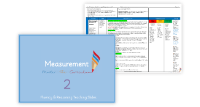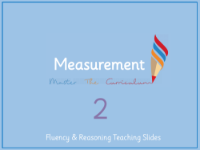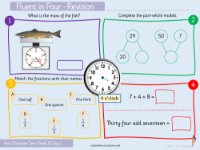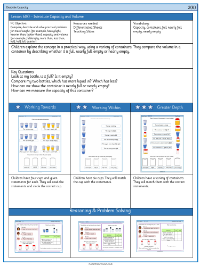Mass, Capacity, Temperature - Introducing capacity and volume - Planning
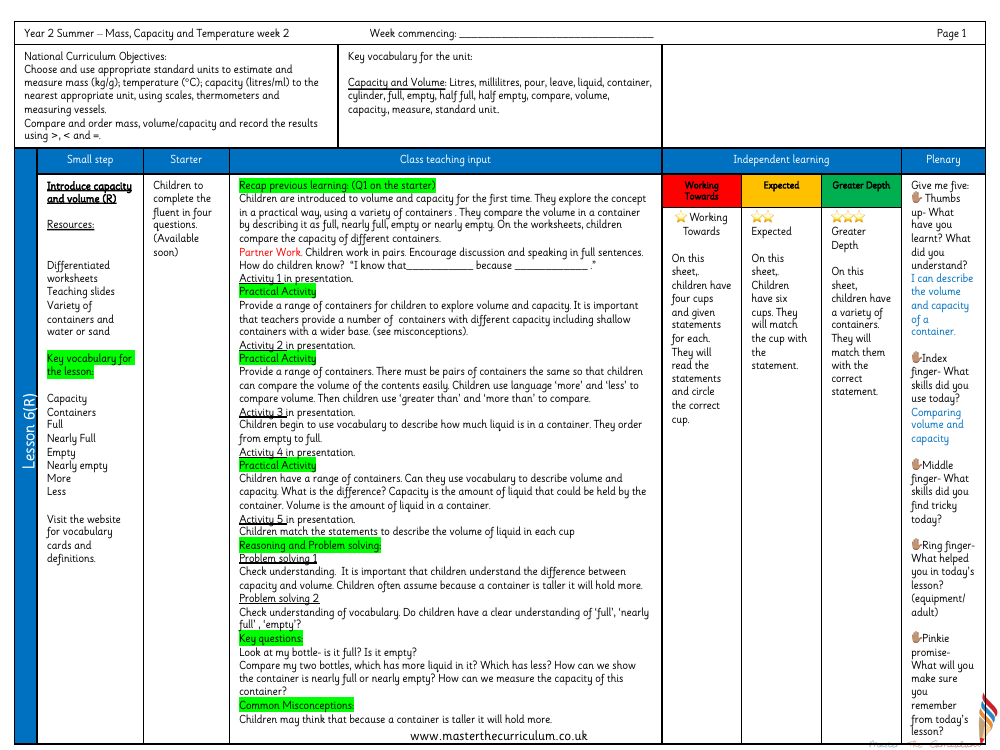
Maths Resource Description
In the Year 2 curriculum focused on Mass, Capacity, and Temperature, students embark on a journey to understand the concepts of capacity and volume. During the second week of summer term, they are introduced to these ideas through practical, hands-on experiences. The national curriculum objectives for this section aim to teach children how to estimate and measure capacity in litres and millilitres, using appropriate standard units and tools such as measuring vessels. Students are encouraged to compare and order different volumes, utilising comparison symbols like greater than, less than, and equal to. The key vocabulary for this unit includes terms such as litres, millilitres, full, empty, and container, which are crucial for the children to grasp the concepts being taught.
The lesson plan outlines a series of activities, starting with a recap of previous learning and progressing through practical tasks where students explore volume and capacity with a variety of containers filled with either water or sand. They learn to describe and compare volumes using phrases like 'full', 'nearly full', 'empty', and 'nearly empty'. The teaching slides provide structured guidance, and differentiated worksheets support independent learning. A key part of the lesson is ensuring that children understand the difference between capacity—the total amount a container can hold—and volume—the actual amount of liquid in the container. This distinction is fundamental as students often misconceive that taller containers have a greater capacity. The lesson concludes with problem-solving tasks designed to reinforce understanding and correct common misconceptions, alongside a reflective 'Give me five' exercise where students evaluate what they've learned, the skills they've used, and what they found challenging.
